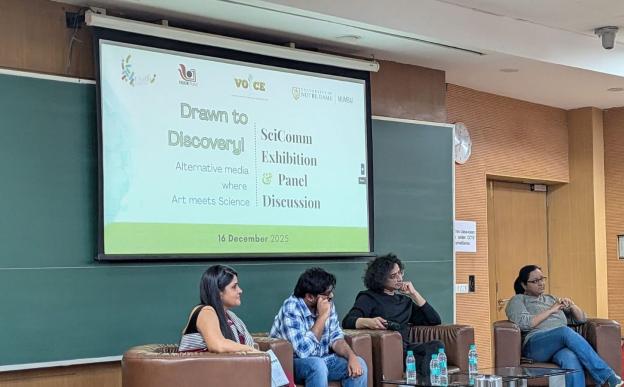Science education opens up a new world of opportunities today across industry and academia. A career in Science, Technology, Engineering and Medicine (STEM) is rewarding for those minds that is inquisitive and wants to give back to the society in many different ways. In a recent conversation, the Research Matters team spoke to Prof. Brian Schmidt, a renowned cosmologist, winner of the 2011 Nobel Prize in Physics and the Vice Chancellor at the Australian National University on what he thinks about a career in science. Here is a summary of what Prof. Schmidt thinks of science education in today’s world
The Indian Institute of Science Education and Research (IISER) Pune on Tuesday launched the VOICE Fellowship 2025
Pune/
